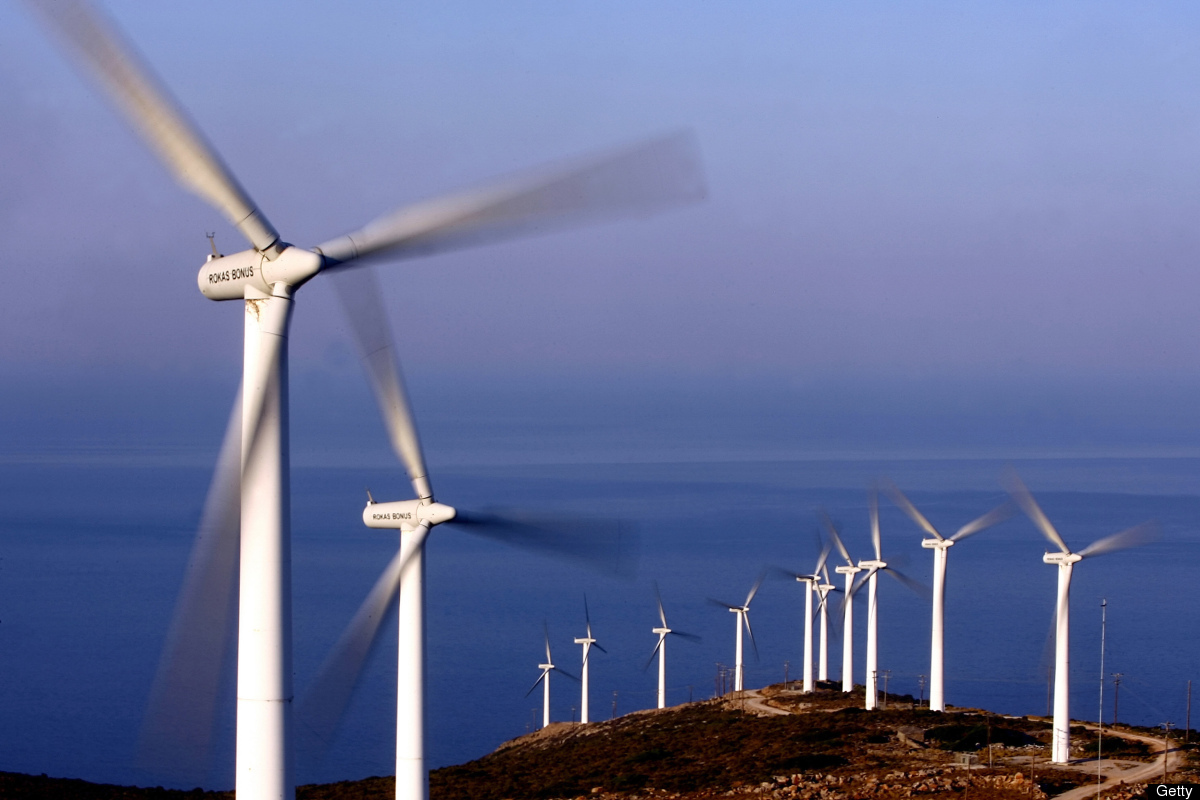The Toyota, Orascom, and GD France alliance is due to complete the Gulf of Suez wind farm in October with a total investment of €250m.
About 85% of the project was completed and that the trial operation is due to begin in November. The commercial operation is to start before the end of this year, the New and Renewable Energy Authority (NREA) Executive Chairperson, Mohamed El-Khayat, told Daily News Egypt.
The Egyptian Electricity Transmission Company (EETC) buys energy from the Gulf of Suez wind power at about 3.8 piasters per kW/h.
The Ministry of Electricity and Renewable Energy seeks to produce 20% of Egypt’s energy from new and renewable resources by 2020 as part of the ministry’s plan to diversify sources of energy production and achieve sustainable development in the sector.
El-Khayat confirmed that the NREA has succeeded in attracting foreign investment of about $2bn to implement 1,465MW solar plants, which are financed by international organisations, such as the International Finance Corporation (IFC) with funds worth $653m, and the European Bank for Reconstruction and Development ($500m).
The IFC is leading a consortium of nine international banks that are investing for the first time in renewable energy in Egypt. The bank alliance includes the African Development Bank, the Asian Infrastructure Investment Bank, and the CDC Foundation, among others.
El-Khayat pointed out that Egypt is manufacturing locally some components of renewable energy industry. Some companies assemble solar panels, while the Ministry of Military Production plans to manufacture solar panels. A number of companies assemble and manufacture solar heaters.
He explained that there are attempts to manufacture some parts of wind turbines, such as towers, in addition to manufacturing cables and transformers for all renewable energy systems.
El-Khayat added that the current capacity of renewable energy reaches 1,100MW. Renewable energy now represents 10.5% of the total energy produced in Egypt; 1.5% solar and wind, and 9% hydropower.
He pointed out that renewable energy beats traditional energy in terms of cost easing the burden on the general budget.
Furthermore, he noted that recent economic reforms, such as the liberalisation of local exchange rate and fuel subsidy cuts allowed the government to adopt the BOO scheme, in which the EETC is committed to purchase the energy produced according to the contract price.
El-Khayat added that the NREA has completed the feasibility study for the construction of a 50MW photovoltaic power plant in Zaafarana city in cooperation with the Arab Fund for Economic and Social Development.




